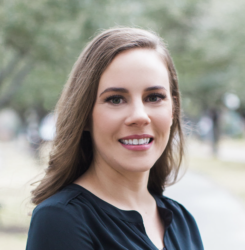Breakout Session: Beth Christopherson, LCSW, CST
When the Spiritual Journey Gets Bumpy: Options for Shifting to Calmness and Empowerment
Summary
Spiritually transformative experiences (STEs) can result in many positive aftereffects, such as less fear of death, greater compassion for others, and an increased sense of purpose. (Noyes, Fenwick, Holden & Christian, 2009). However, research by King et al. (2013) has also shown that people who are spiritual but not religious have higher rates of generalized anxiety and other anxiety disorders, compared with those who identify as religious or neither spiritual nor religious. Even STEs that were perceived as positive by the experiencer can nonetheless precipitate spiritual questions, uncertainties, and explorations that can result in a feeling of anxiety in some people. This presentation will examine four main guidelines intended to increase empowerment and calm and reduce anxiety for those who are exploring spiritually:
- Acceptance of being a spiritual explorer
- Engaging in course-corrections when the journey brings more stress than empowerment
- Reframing the spiritual journey within the broader context of life, so that it is not all-consuming
- Identifying certainties in belief system to return to as a source for spiritual comfort and restoration, when the journey gets challenging or tiring
Presenter Bio

Beth Christopherson, LCSW, is a psychotherapist in private practice in Houston, TX. One of Beth’s focuses is on integrating spirituality, with a particular focus on afterlife beliefs, into her therapy practices. She is a frequent lecturer and presenter at universities and medical schools regarding mental health issues. In the summer of 2016, Beth developed and presented Ethically Integrating Afterlife Considerations into Therapy at the University of Houston Graduate College of Social Work. Beth has authored multiple articles published in Social Work Today, and she serves as an ad hoc reviewer for the Journal of Death and Dying.